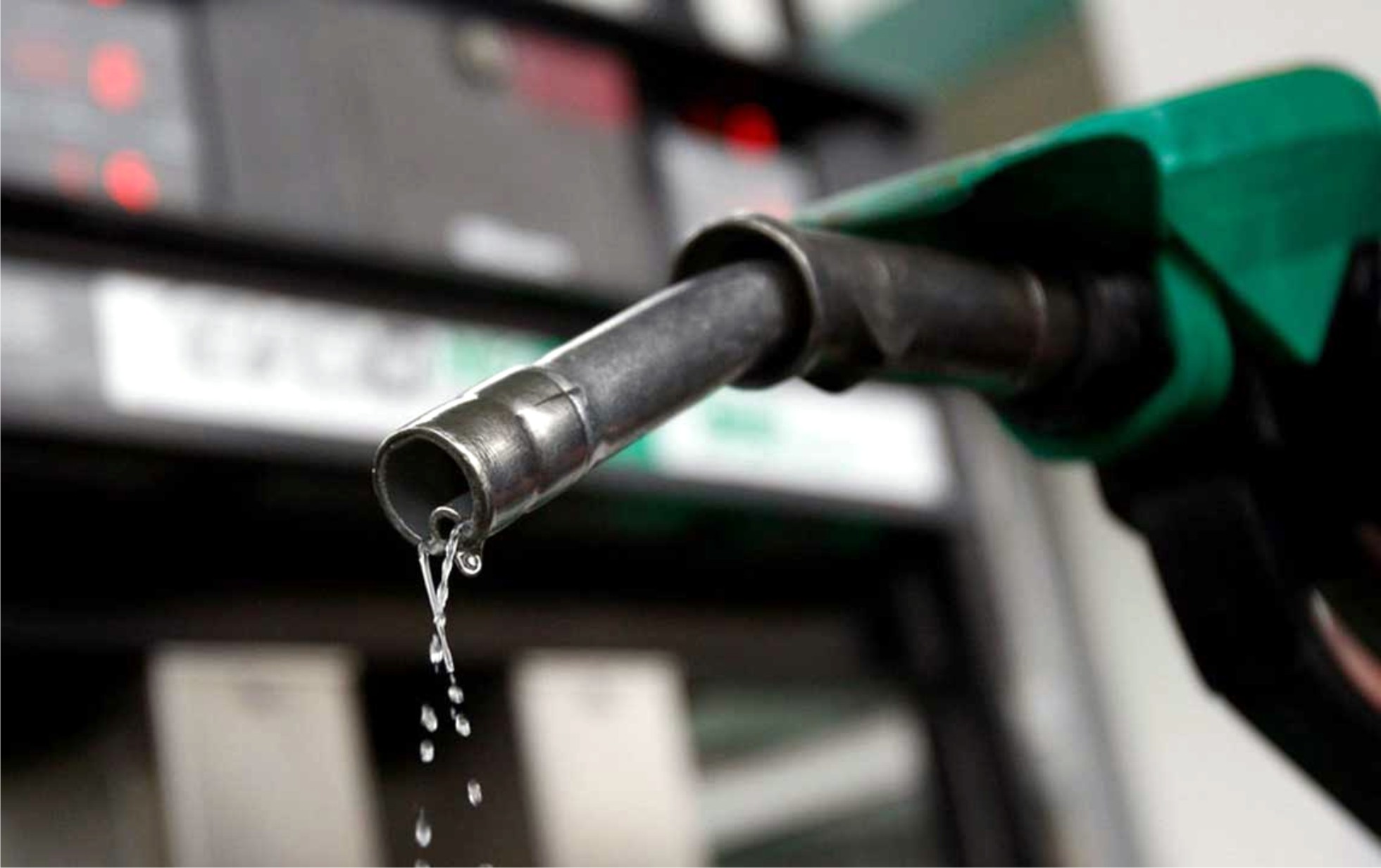Business
Kwara Sets Up Task Force On Fuel Scarcity

The Kwara State Government has set up a task force to address the fuel scarcity in the state.
The task force, which will be led by the state Deputy Governor, Mr Kayode Alabi, will interface with various oil marketers and alleviate the suffering of residents.
According to a statement signed by the Chief Press Secretary to the State Governor, Rafiu Ajakaye, other members of the committee include the Commissioner for Business, Innovation, and Technology, Ibrahim Akaje; Commissioner for Special Duties, Olaitan Buraimoh; and the Special Adviser on Security.
Others are the Special Adviser on Special Duties, Senior Special Assistant on Security, a representative of the Emir of Ilorin and Chairman of the Council of Chiefs, representatives of the police, Department of State Services, Nigeria Security and Civil Defence Corps, and independent oil marketers.
“The terms of reference of the committee will be to monitor fuel supply and effective distribution of the same in the state, compliance of marketers with the best practices and in the best interest of the public, and prevent abuse of any kind in cooperation with the fuel marketers”, the statement read in part.
Meanwhile, the Emir of Ilorin and Chairman, Kwara State Council of Chiefs, Alhaji Ibrahim Sulu-Gambari, has appealed to residents of the state to remain calm as the current hard time would only last for a short period.
He also urged them to allow peace to reign before, during, and after the general elections.
The emir advised parents to prevail on their children and wards to obey constituted authorities and avoid any act capable of causing crises.
Business
Nigeria’s ETF correction deepens as STANBICETF30, VETGRIF30 see 50% decline in a week

Business
BOI Introduces Business Clinic

Business
Dangote signs $400 mln equipment deal with China’s XCMG to speed up refinery expansion

-
Maritime2 days ago
Nigeria To Pilot Regional Fishing Vessels Register In Gulf Of Guinea —Oyetola
-
Maritime2 days ago
Customs Declares War Against Narcotics Baron At Idiroko Border
-

 Sports2 days ago
Sports2 days agoGombe-Gara Rejects Chelle $130,000 monthly salary
-
Maritime2 days ago
NIMASA,NAF Boost Unmanned Aerial Surveillance For Maritime Security
-
Maritime2 days ago
NIWA Collaborates ICPC TO Strengthen Integrity, Revenue
-

 Sports2 days ago
Sports2 days agoTEAM RIVERS SET TO WIN 4×400 ” MORROW” …Wins Triple jump Silver
-

 Sports2 days ago
Sports2 days agoNPFL Drops To 91st In Global League Rankings
-

 Sports2 days ago
Sports2 days agoNSC eyes international hosting rights

